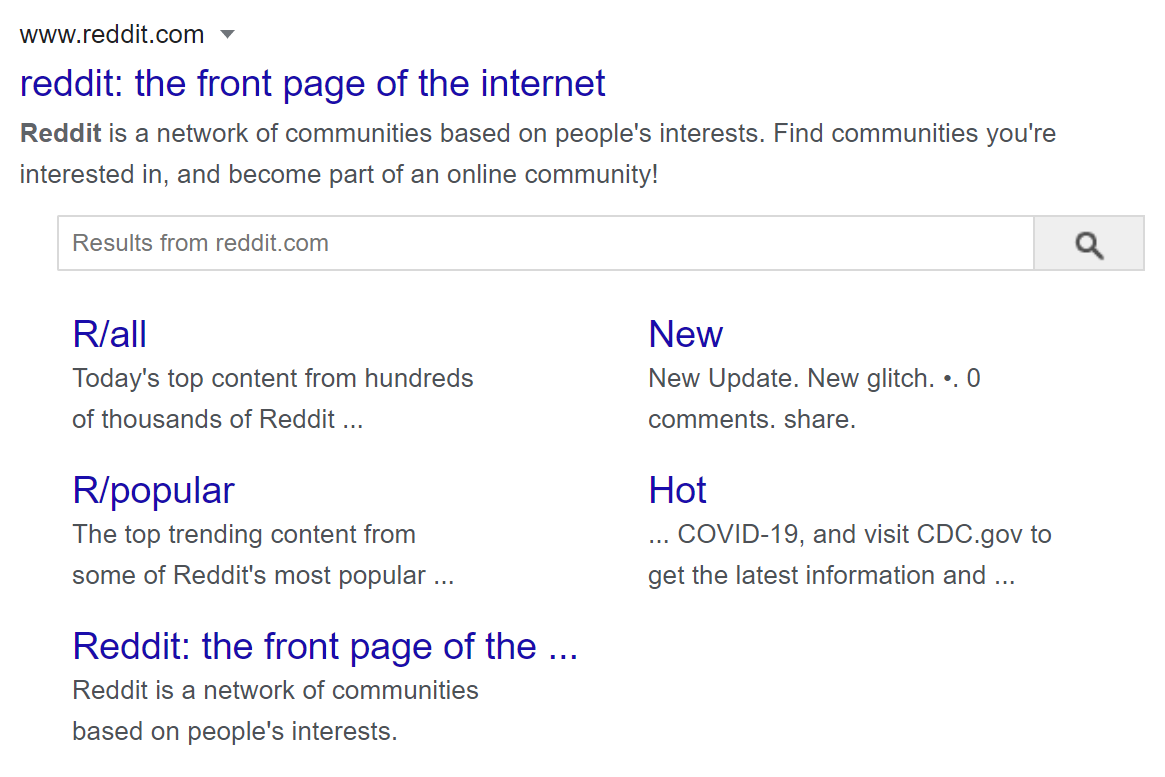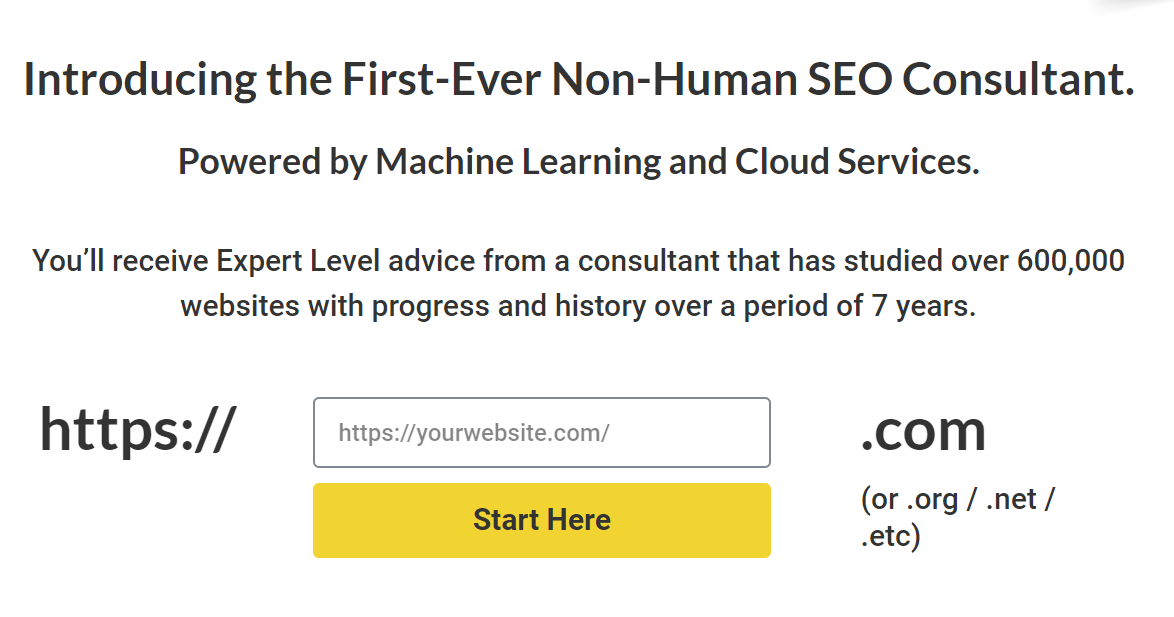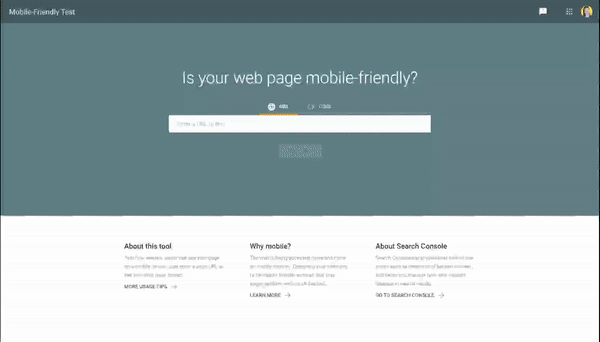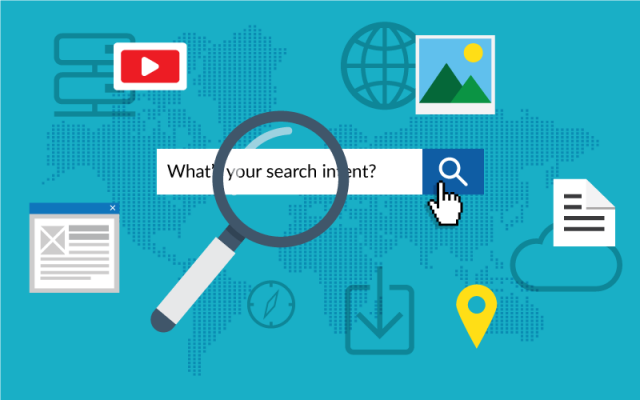SEO is crucial for gaining website traffic and optimizing your webpages to the ever-changing wants and needs of Google, but what is it really?
What true company-oriented or financial value can Google offer you once you decide to take the route of SEO?
While it offers much higher searchability and visibility than other methods of content/product marketing, it also imparts more real and lasting value onto your company than might realize. This guide aims to explain how SEO works and why your business needs SEO-friendly content to thrive.
Just bare in mind that, in the first year of a launch, only 5.7% of websites will rank on the first page of the search results — for any of their content. It’s a competitive digital world.
What is SEO?
Search engine optimization—SEO is the abbreviation. It’s the process by which you can optimize content to be discovered through a search engine’s “links” or results. Acquiring free, organic traffic in addition to sustainably growing your leads is the goal of SEO. However, optimizing your website isn’t so simple.
“I can do my own SEO,” said every local business owner, ever.
There are a whole host of factors that you (or your content writer) need to account for when optimizing your website for Google:
- Keyword research
- Page relevance and usability
- Authority of your external links
- Location/settings of your website
If that wasn’t enough to contend with, Google is continuously updating their search algorithms to ‘shake up’ the world of SEO—meaning that the production of fresh, organic, SEO-friendly content is imperative to successfully employing SEO strategies.
Search engine optimization is a never-ending job, and it requires skill, insight, and commitment to see projects through. As search engine experts, specializing in SEO services and best practices, it’s our job to stay ahead of the proverbial 8-Ball for you.
How Does SEO Really Work?
In simplest terms, SEO works by demonstrating to search engines like Yahoo, Bing, and Google that your content is the most relevant and the best result for any given keyword query.
But, it’s important to remember that every search engine is slightly different, and that something ranking #1 on Google won’t necessarily do so on Bing or Yahoo (and vice versa).
However, you’ll want to focus most of your attention on Google, because they hold a 92% market share in the World Wide Web – they’re quite literally the entire Internet.

Every other search engine in existence comprises the remaining 8% of the World Wide Web.

Shoutout to one of my favourite internet communities Reddit. While they don’t hold the colossal market share of the net, they do claim to be “the front page of the internet”
Getting additional organic traffic to your web pages comes from optimizing your written content to rank higher and pull in more ‘clicks’ (more readers). The more readers and subscribers you have associated with your company, brand, or content, the more likely it is that people will purchase your product or service when compared with your competitors.
We use Squirrly to quickly optimize our content. Their WordPress plugin saves us a ton of time by identifying the right search queries so that we don’t have to fumble around in Google AdWords’ Keywords Planner.

Head over to their website and insert your website address to receive professional recommendations from a specialist.
Content that ranks higher on Google receives a higher CTR (click-through rate) than its competitors’ web pages, and more people always end up seeing higher-ranked articles.
Yes, I said articles. Google ranks individual web pages, rather than entire websites, for content that is relevant and able to list within the results for any given keyword query. Ranking for different, specific keywords and topics with each article you produce becomes important for maintaining a grasp on your newfound Google prowess.
There are a ton of tools to help you track your website’s authority. Here are our top picks:
- Moz Pro
- Ahrefs
- Majestic
- SEMrush
Personally, we use Ahrefs—it’s not the cheapest tool, nor is it best for beginners but it’s worth learning inside and out, if you’re taking your authority seriously.

Search engine authority is achieved over time, with quality backlinking, optimized on-page content, machine-learning signals, and positive user behavior being the main four factors. Now, let’s discuss the explicit thing Google looks for when you’re optimizing a web page.
The crawlability of your web page lets Google know that it exists. Crawling is the process by which Google is able to find your content on the World Wide Web – it does this by following links on pages it already has indexed to pages it hasn’t.
Your new web page falls under this category and making sure that you have a backlink from a website that is already in Google’s index will ensure that it can see your website properly. If Google can’t crawl your website (or if you don’t have any backlinks established), it effectively doesn’t exist – and here are the two biggest factors that can make Google’s crawling abilities function improperly.
Poor internal linking
Google relies on internal links in order to crawl the pages on your website. Without internal links (links that connect to another portion of your website), Google can’t index your web pages. Making sure you connect your website together in a cohesive manner is important for ensuring that it can rank higher on Google without an issue.
Mobile compatibility
63% of Google searches are conducted from some kind of mobile device. If your website takes a long time to load or is not properly optimized for a mobile experience, you’re losing out on 63% of your potential clientele because Google will only wait so long for your webpage to load on an iPhone 5. Making sure your website is streamlined (but not to the point of slowing down the user experience) guarantees your customers a good online experience – making them more likely to purchase something from your company if they see an item or service they need.
Make sure to use Google’s Mobile-friendly Test. It’s an awesome little tool and it’s free!

Why Does Your Business Need SEO-Friendly Content?
The Internet has changed the trajectory of business forever. With the majority of the world logging onto Google at least once a day to search for some kind of information, making sure your website gets seen by as many people as possible will bring your business more customers than you could have previously imagined.
Customers will literally appear out of the woodwork if your content is fresh enough for Google to deem relevant and give a first page (top 10) listing or a local map pack spot.
In addition, SEO-friendly content establishes a sense of trust, creditability, and professionalism with the reader. Putting together a strong foundation of blogposts and informative articles detailing the efficacy and direct benefits of your products and services puts you ahead of your competition tenfold.
Search engine authority can be yours if the time and effort to make your dream a reality is worth it – or, you can simply hire us to take care of all the dirty optimization work for you.
SEO Content Offers Users a Better Web Experience
Optimized content would not be complete without the part of website browsing that matters most – user optimization. It’s quite an important factor for gaining optimal visibility and organic traffic because Google routinely incorporates user experiences into their ranking criteria.
Customers lacking any significant amount of patience will almost certainly log onto your website, and if your webpage doesn’t load fast enough, your performance will suffer. On average, mobile users will wait around 3-5 seconds for a mobile page to load – after that, whatever you have to offer them is not worth their time.
63% of Google searches are conducted from a mobile device #google #responsivedesign #mobilefirst #webdesign #seo #serps Click To TweetOptimizing your website for something such as mobile compatibility can make a huge difference in the way Google perceives it – it might even gain more traffic and more customers from simply loading faster.
Another example of how SEO optimization can be conducted is by condensing information to just a few clicks – putting relevant and fresh information right in front of your customer’s nose is a great way to get their mouths watering for your product or service.
Google has become adept at offering relevant content in fewer clicks to its target audiences, and your business needs to do so as well. Otherwise, it will not rank highly. Sites with too many external links and not enough relevant information will rank poorly, because customers know what they’re looking for most of the time – if your website seems like clickbait, even if it’s not, people won’t be appreciative of whatever your product or service may be.
Is Your Company Looking to Integrate SEO Content?
If so, don’t wait. SEO is ever-changing, always useful, and extremely easy to get into. Offering relevant content to your audience is 80% of the battle, with keyword research and technical on-page elements comprising the other 20% of your mission to achieve more customers. SEO optimization is relatively simple to accomplish given the proper time, target audience, and topic! Common practices you can use to improve your SEO on-page optimization right away include looking at what your competitors do.
Know your competition. Any business or service, really — from wildlife removal to commercial roofers.
Here’s an example – what style or kind of page are they ranking for in Google?
Your competition may be ranking for any number of pages – they might be profiting from their product page, category page, how-to listicles, long-form narrative articles, Top 10 articles, or anything else the human mind can think of.
Knowing the answer to this question is a great way to discover changes that may have been made to Google’s algorithm over time, which can greatly affect how your content ranks on the search engine.
Take care, and happy SEO-ing!





